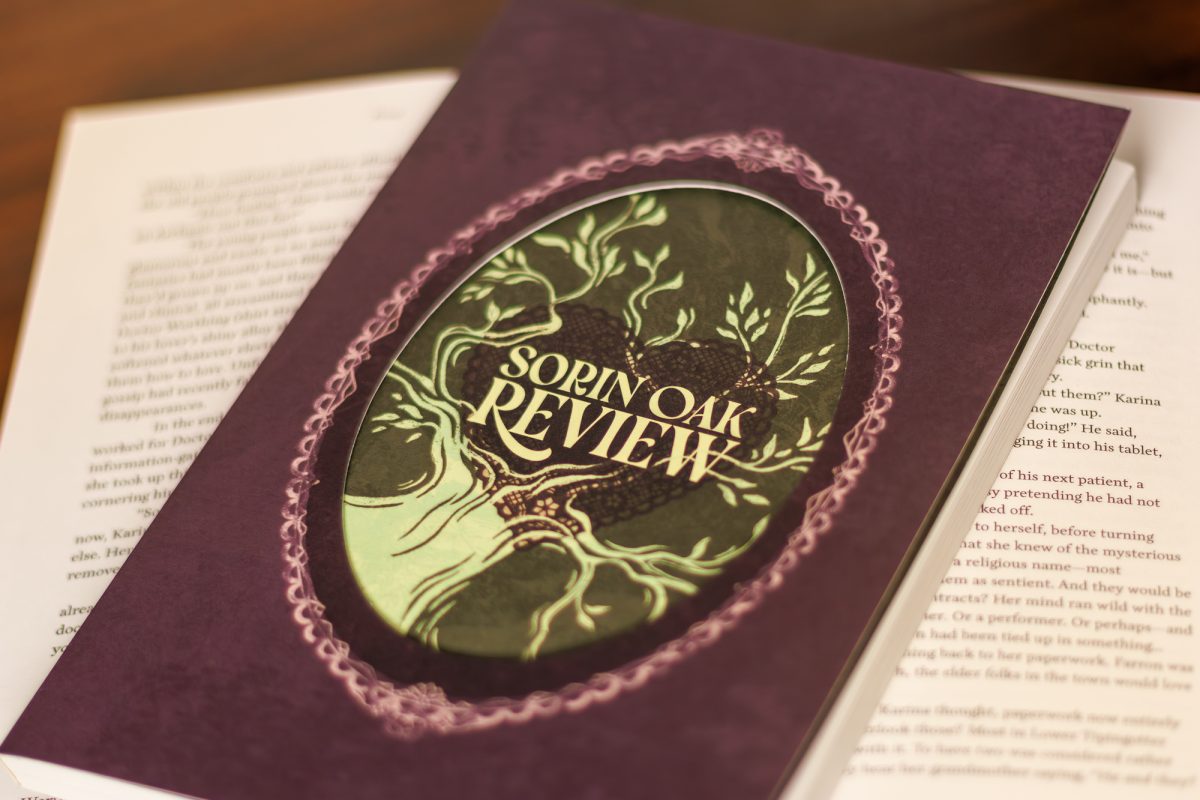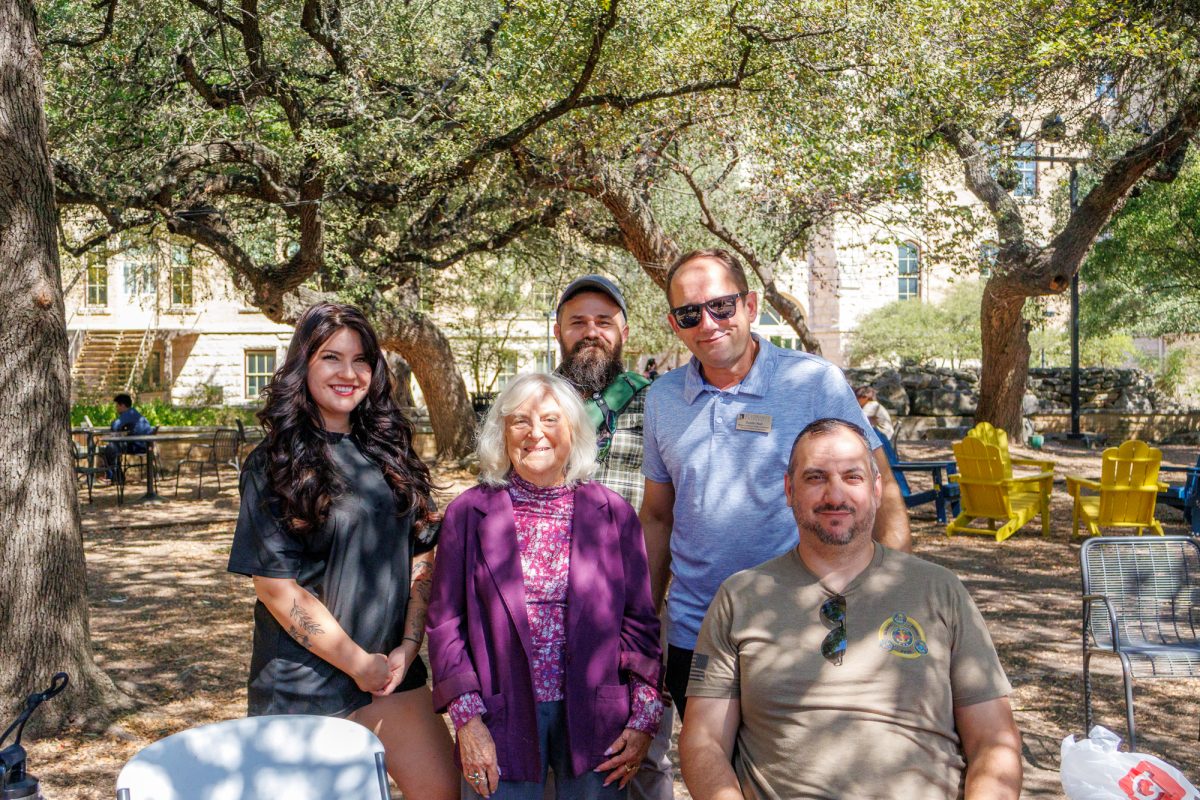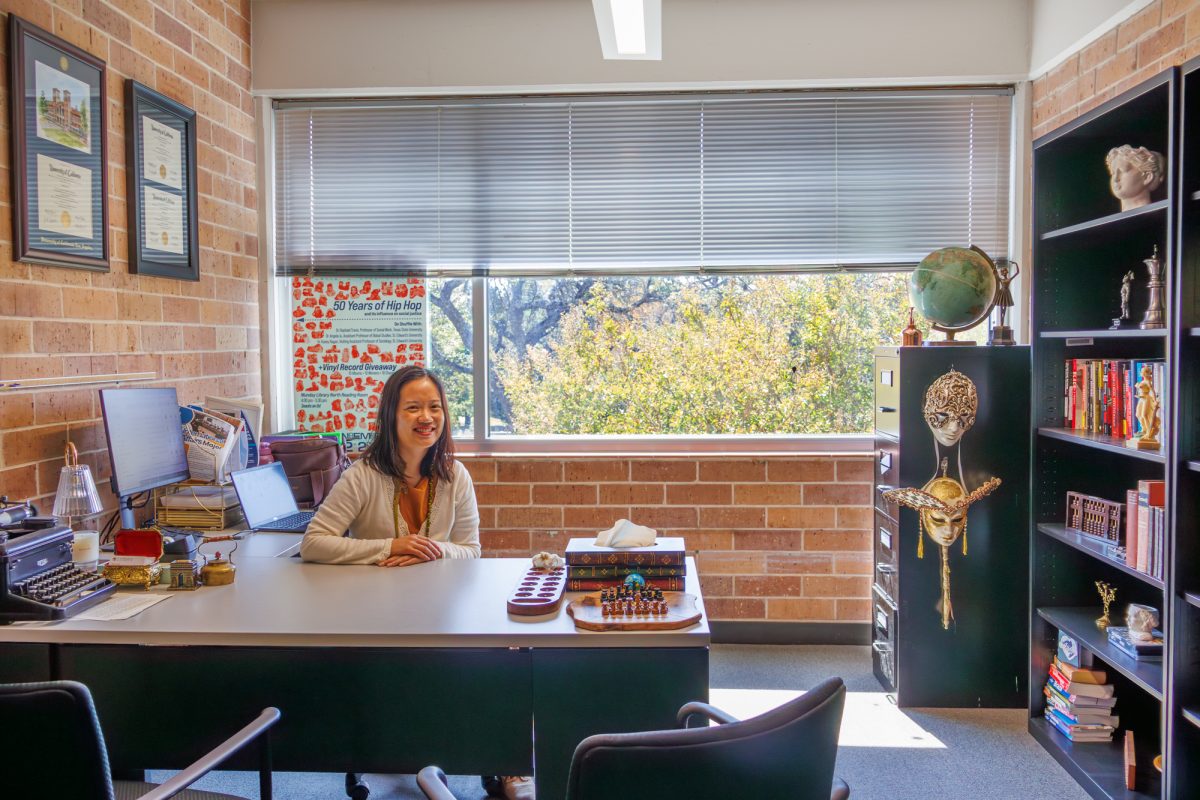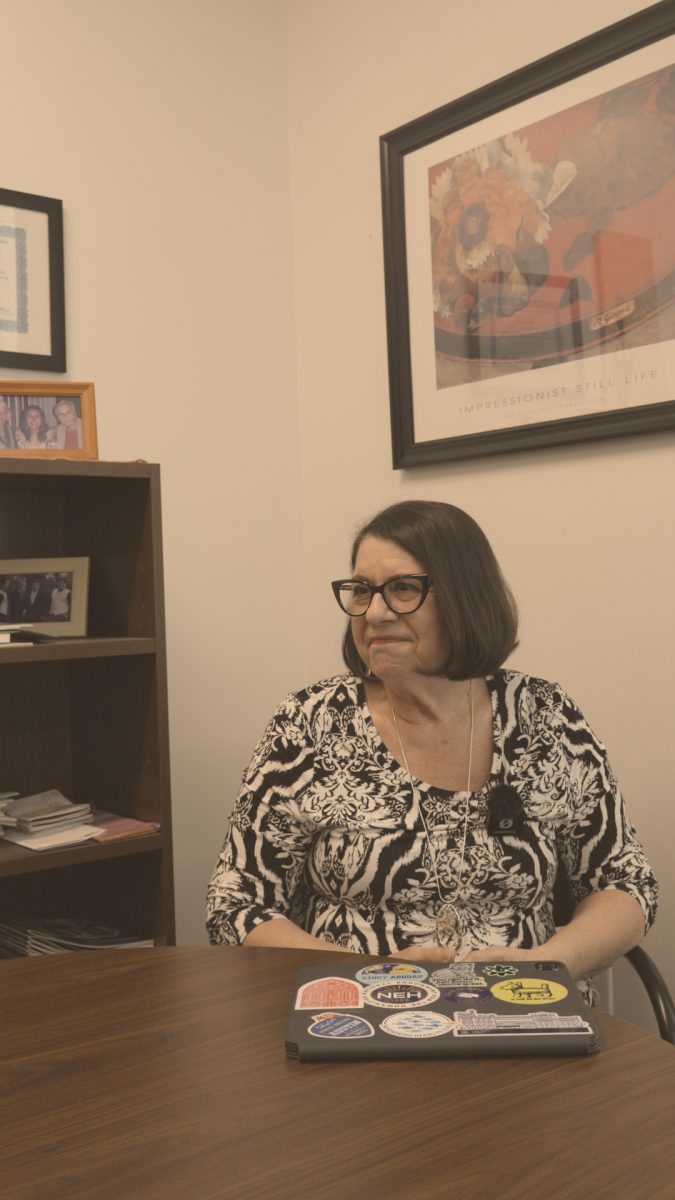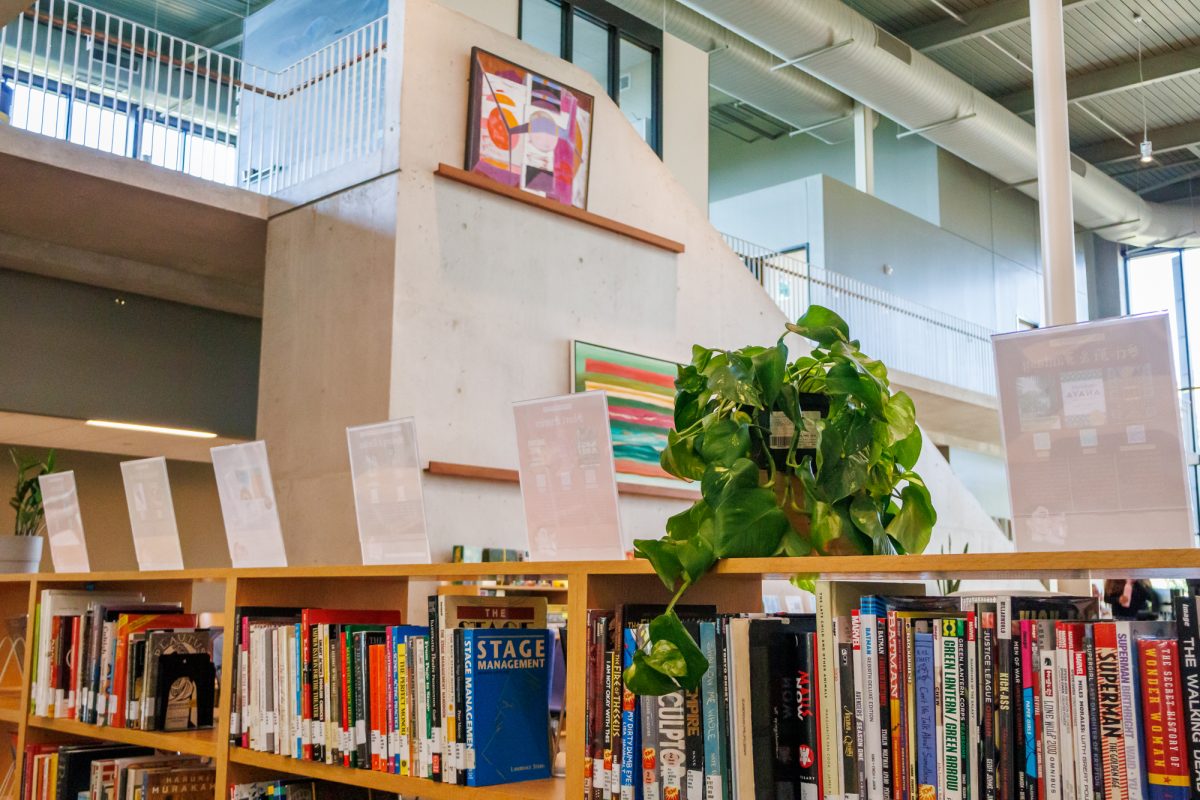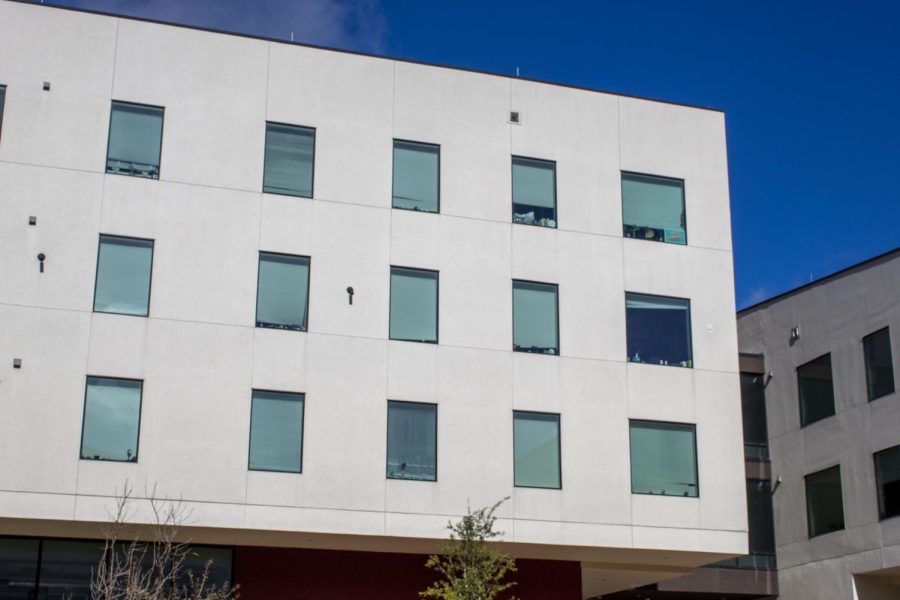At St. Edwards University, student-led publications serve as platforms through which students share academic and creative work with the campus community. Two longstanding journals, ARETE and the Sorin Oak Review, offer distinct platforms for students to engage in academic research and artistic expression, respectively.
ARETE, the university’s award winning academic journal, was first published in 1991 and has since earned multiple distinctions from the American Scholastic Press association, including 10 first-place awards with special merit. The journal is released digitally each December, making it accessible for students to include in portfolios, résumés and graduate school applications. ARETE publishes nonfiction work across disciplines, including research papers, analytical essays and argumentative writing.
“Our current approach to selecting submissions is more focused on the quality of the content rather than the perfection of the writing,” said Luca Rende, Editor-in-Chief of ARETE. “This is because there is an editing process after a piece is selected where editors and writers work together to polish the selected submission. Selected submissions undergo a collaborative editing process, allowing editors and writers to refine the work while preserving the author’s voice.”
Rende also noted that ARETE operates with a smaller editorial team, which allows each member to have a significant influence on the publication’s direction.
“Student editors, who are typically but never exclusively Writing and Rhetoric majors, refine many of the copyediting skills learned in their classes,” Rende explained. “Editors exercise their ability to communicate the work with the writers and ask questions in a way that encourages collaboration.”
Although submissions for the current volume have closed, students are encouraged to submit in future cycles. Rende emphasized that the process itself is valuable, whether or not a piece is accepted, as it helps students build resilience and confidence in their work.
“No matter what, you gain something valuable,” said Rende. “If you get accepted, your work is published in a way that elevates your voice and entices future employers or graduate programs. If you do not get accepted, you have strengthened yourself against rejection, broken the ice with submitting your work to journals, and proven to yourself how easy it will be to try again next time.”
In contrast, the Sorin Oak Review is a print-based literature and arts journal that has been published annually since 1991, originally under the name Aesthetic Voice. The journal features fiction, poetry, creative nonfiction, photography and visual art submitted by members of the St. Edward’s community.
The publication is named after the Sorin Oak, a historic tree on campus that symbolizes tradition and resilience, which is respectively named for Rev. Edward Sorin, the university’s founder. The journal is supported by the School of Humanities and is recognized as one of the oldest continuous student publications at the university.
Editor-in-Chief Ethan Everman described his role as “somewhat of a hybrid when it comes to operations.” Everman delegates leadership responsibilities to individual editorial boards, both of which he manages, encouraging open discussion and independent contributions.
The editorial process includes a voting period between semesters, during which board members evaluate submissions and engage in dialogue about their merit and emotional impact. This collaborative approach allows the journal to reflect the shared experiences and perspectives of the campus community.
Student editors working on Sorin Oak Review gain experience in evaluating creative work, copyediting and managing deadlines.
“Something really important about student editors and their development is the confidence they gain in their ability to read, form opinions and build a critical mindset,” Everman said. “There’s also a tremendous amount of practical skill-building involved — communication, teamwork, organization, meeting deadlines — all of which are essential in any professional environment.”
He also encouraged students from all disciplines to submit their work, highlighting that the journal is open to diverse voices and perspectives, not limited to those studying English or the arts.
Both ARETE and Sorin Oak Review contribute to the university’s academic and cultural landscape by providing students with opportunities to publish, collaborate and develop professional skills. These journals serve as platforms for expression and inquiry, reinforcing the university’s commitment to interdisciplinary excellence and community engagement.

